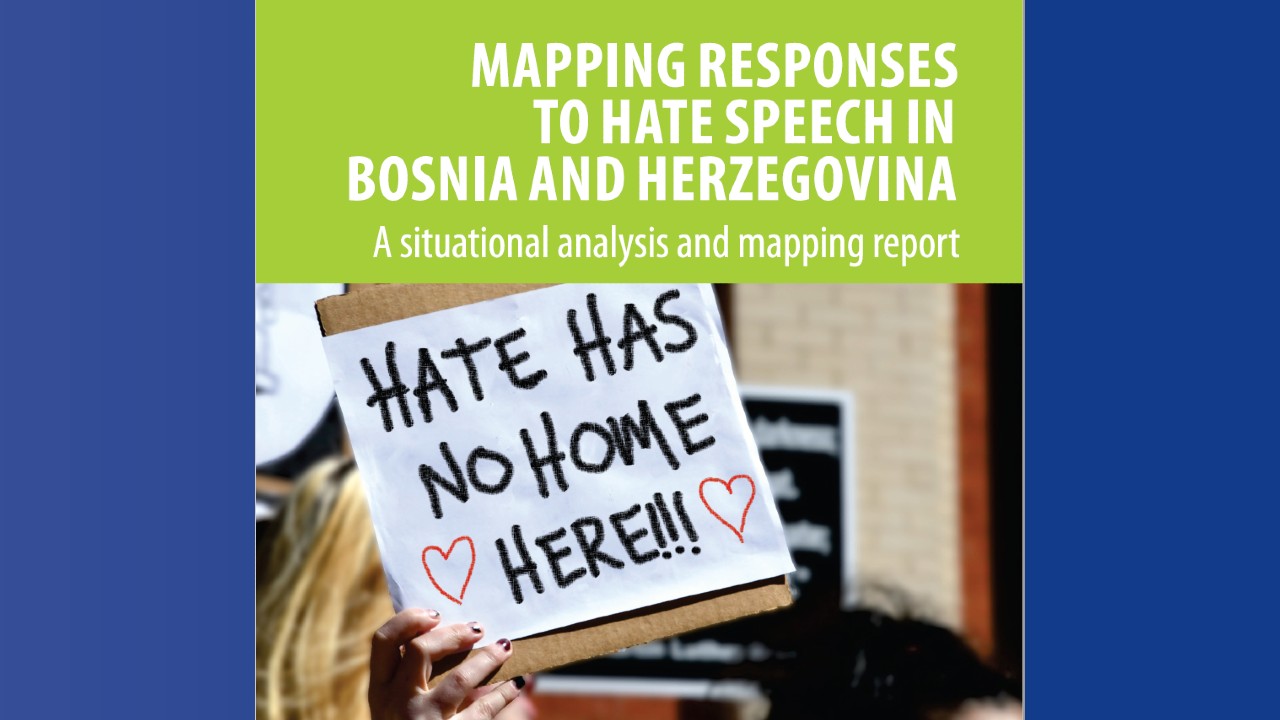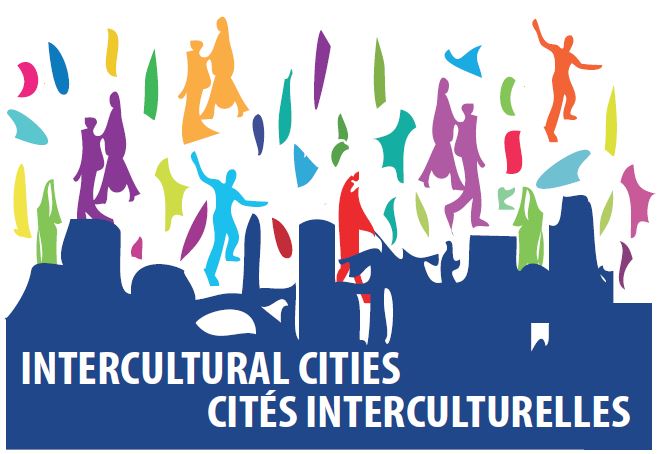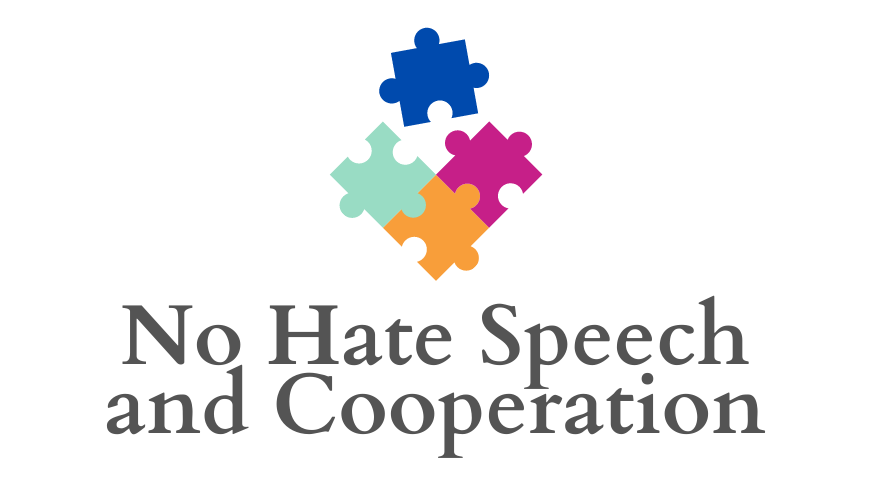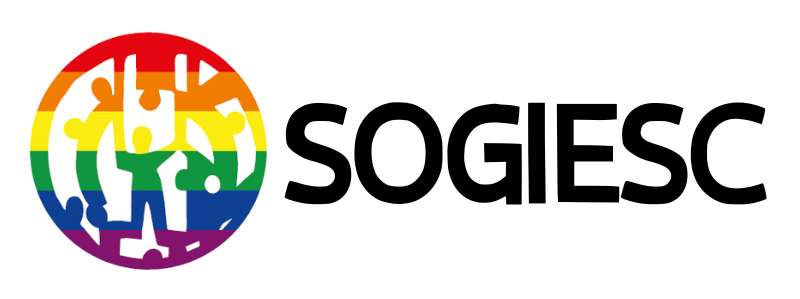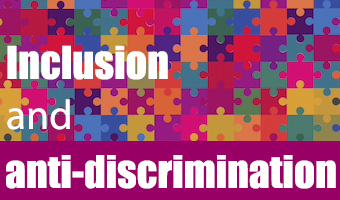6 March 2024, Sarajevo - During its last online consultative working meeting organised by the Ministry of Human Rights and Refugees of Bosnia and Herzegovina, with 55 representatives from state institutions from both entities and the Brčko District, the Ombudsperson, media, international organisations and civil society organisations (CSOs) was discussed the application of the Mapping responses to hate speech in Bosnia and Herzegovina: A situational analysis and mapping report’.
The meeting, was an occasion to tackle on the implementation, monitoring and reporting towards mapping responses to hate speech in Bosnia and Herzegovina (BiH) , and concrete challenges among relevant stakeholders related to hate speech.
The latest report on Bosnia and Herzegovina of the European Commission against Racism and Intolerance (ECRI) and the recent Council of Europe Recommendation by Committee of Ministers to its member states on combating hate speech (CM/Rec. 2022/16), called on authorities to develop, together with CSOs and international organisations, comprehensive strategies to prevent and fight hate speech. At the 30th session, held on 27 November 2023, the Council of Ministers of Bosnia and Herzegovina, at the proposal of the Ministry of Human Rights and Refugees of Bosnia and Herzegovina, adopted the ‘Mapping responses to hate speech in Bosnia and Herzegovina: A situational analysis and mapping report’.
The Mapping, whose development was facilitated through the EU and Council of Europe expertise, provides a comprehensive overview of the current situation in Bosnia and Herzegovina, setting out a clear roadmap and priority measures in addressing hate speech on a systemic level. Besides, the mapping document aims to deepen the understanding of the specificities of hate speech and available remedies in BiH, to set up the basis for dealing with the problem more efficiently. It was developed through an inclusive active involvement of 34 relevant entities involved.
These activities were organised with the support of the action "Towards an equal, inclusive and tolerant Bosnia and Herzegovina", which is implemented within the framework of the joint programme of the European Union and the Council of Europe "Horizontal Facility for the Western Balkans and Türkiye".



